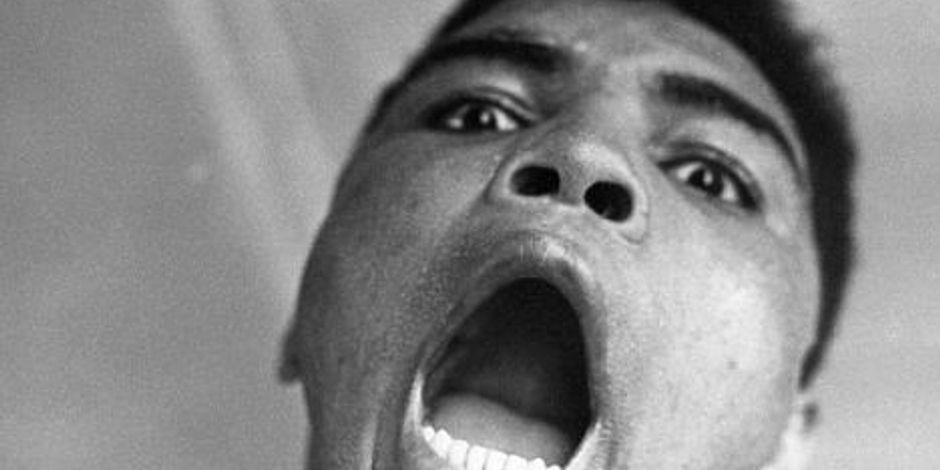Ali The Poet

I am working on a documentary film with the working title of "Ali the Poet," which examines Muhammad Ali's vision and influence on the development of Hip-Hop and spoken word poetry. Most accounts of Hip Hop place its rise in popularity in the 1970's. These accounts largely erase Muhammad Ali, ignoring his release of a spoken word album with Columbia Records in 1963 entitled "I Am the Greatest,", six months before he won his first heavyweight championship title. Although he was the most visible person to rap and perform poetry on television in the early 1960's, his influence on the early artists of Hip-Hop is not often credited. This documentary film historicizes and contextualizes Ali’s influence and presence in these traditions and examines the sexism evident in his philosophy and creative works.
In its entirety this project references books, academic articles, historical footage, and interviews. The film engages a series of interviews with those close to Ali personally, those who have studied his life, Hip-Hop artists who were influenced by Ali, and Hip-Hop artists and scholars who can speak about the impact of sexism on Ali and Hip-Hop. Subjects include Muhammad Ali’s brother Rahman Ali, Ali’s daughter Rasheda Ali, childhood neighbor Lawrence Montgomery, childhood friend Sonny Fishback, DMC of Run, DMC, Kurtis Blow, Roxanne Shanté, Abiodun Oyewole of the Last Poets, Hip Hop scholar Gloria Ladson-Billings, Hip Hop scholar Shanara Reid-Brinkley, and others. The project creates a counter-narrative to the largely one-sided lens of Ali’s influence and popularity and also to the history of spoken word and Hip-Hop that has largely ignored his significance. No media project about Muhammad Ali has explicitly examined his influence on Hip Hop and spoken word traditions or critiqued the misogyny evident in his life as this one does. This account, this intersection, remains untold. The project is close to post-production stage, as only four interviews remain.